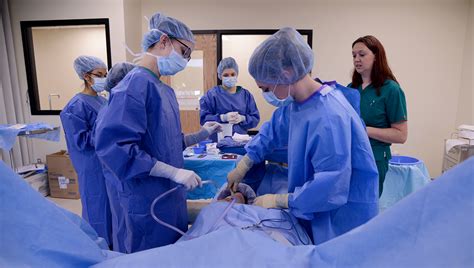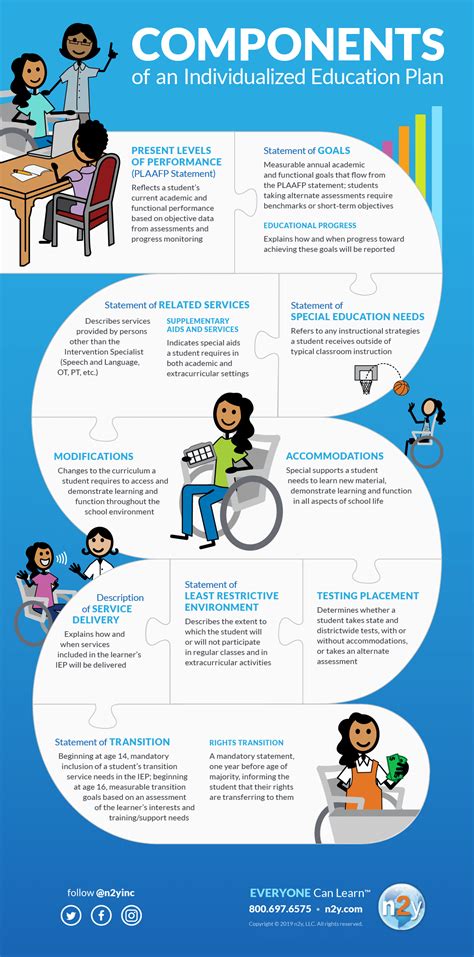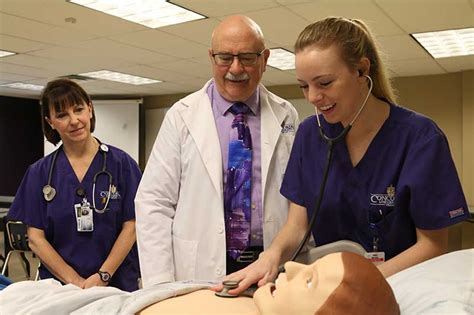Breaking News


Popular News


Learn how to excel in a surgical tech program by understanding requirements, developing study habits, building skills, seeking mentorship, and mastering clinical experience.Are you considering a career in surgical technology? Excelling in a surgical tech program takes more than just attending classes and completing assignments. It requires a dedicated approach to meeting program requirements, developing effective study habits, and seeking mentorship and guidance from experienced professionals. In this blog post, we will explore the essential components of excelling in a surgical tech program. From understanding the program requirements to mastering hands-on clinical experience, we will provide practical advice and tips to help you succeed. Whether you’re a current student or considering enrolling in a surgical tech program, this information will help you navigate the challenges and make the most of your educational experience. So, let’s dive in and discover how you can excel in a surgical tech program and build a strong foundation for a successful career in the field.
Contents

When embarking on a journey to become a surgical tech, it is essential to first understand the program requirements. This includes knowing the educational prerequisites, such as a high school diploma or GED, as well as any specific courses or certifications that may be necessary for enrollment. Researching the admission criteria for different programs is crucial in order to ensure that you meet the necessary qualifications.
Additionally, gaining an understanding of the program structure and curriculum is important in order to excel. Familiarizing yourself with the coursework, clinical experiences, and any required internships or externships can help you prepare for the demands of the program and set realistic expectations for yourself.
Furthermore, it is essential to be aware of any additional requirements, such as background checks, health screenings, or immunization records, that may be necessary for participation in a surgical tech program. These requirements may vary between programs, so it is important to carefully review and adhere to the specific guidelines provided by each institution.
By thoroughly understanding the program requirements, you can ensure that you are prepared to embark on the journey to becoming a successful surgical tech.

Developing strong study habits is essential for success in a Surgical Tech program. It requires dedication, discipline, and consistency. One of the first steps to developing strong study habits is to create a designated study space. This space should be free from distractions and equipped with all the necessary materials, such as textbooks, notebooks, and study guides.
Another important aspect of developing strong study habits is to create a schedule and stick to it. This means setting aside specific times for studying each day and avoiding procrastination. It’s also helpful to break down study sessions into manageable chunks, allowing for regular breaks to avoid burnout.
Utilizing effective study techniques is also crucial. This can include using flashcards, creating outlines, and practicing recall. Additionally, seeking out additional resources, such as online tutorials and study groups, can help reinforce learning and provide a different perspective on the material.
Lastly, it’s important to maintain a healthy balance between studying and other activities. Getting enough rest, exercise, and social interaction is crucial for overall well-being and can actually enhance the learning process. by implementing these strategies, students can develop strong study habits that will not only benefit them in their Surgical Tech program but also in their future careers as well.

When pursuing a career as a surgical technologist, it is essential to focus on building surgical skills and knowledge to excel in the profession. The first step in achieving this goal is to actively seek out hands-on experience in a clinical setting. This may involve volunteering or shadowing experienced surgical techs to gain insight into the day-to-day responsibilities and techniques required in the field.
Additionally, it is crucial to attend a reputable surgical tech program that provides comprehensive training in surgical procedures, anatomy, and medical terminology. By mastering the foundational knowledge and skills taught in these programs, aspiring surgical technologists can strengthen their competence and confidence in the operating room.
Furthermore, seeking mentorship and guidance from seasoned professionals in the field can greatly contribute to the development of surgical skills and knowledge. Learning from experienced surgical techs can provide valuable insights, tips, and tricks that are not typically covered in textbooks or classroom lectures.
Ultimately, excelling in a surgical tech program requires a proactive approach to building and refining surgical skills and knowledge. By actively seeking hands-on experience, mastering program requirements, and seeking mentorship, aspiring surgical technologists can pave the way for a successful and fulfilling career in the operating room.

Seeking mentorship and guidance is crucial for success in a surgical tech program. It’s important to find experienced professionals who can offer valuable advice and support as you navigate your education and training. Whether it’s connecting with instructors, seeking out opportunities for job shadowing, or networking with other surgical tech students, mentorship and guidance can provide valuable insights and help you develop the skills and knowledge needed to excel in the field.
One way to seek mentorship and guidance is to actively participate in professional organizations and networking events. These opportunities can help you connect with seasoned experts in the surgical tech industry who can offer mentorship and guidance as you progress through your program and begin your career. Additionally, reaching out to alumni who have successfully completed the program can provide valuable insights and advice for navigating the challenges of surgical tech education and training.
Another important aspect of seeking mentorship and guidance is being proactive in seeking feedback from instructors and preceptors. Taking the initiative to ask for guidance and mentorship can demonstrate your dedication to learning and growing in the field of surgical technology. It’s important to be open to constructive criticism and guidance, as this can help you refine your skills and knowledge and prepare for a successful career as a surgical tech.
| Benefits of Mentorship and Guidance | How to Seek Mentorship and Guidance |
|---|---|
|
|
In conclusion, seeking mentorship and guidance is a valuable component of excelling in a surgical tech program. Whether it’s connecting with experienced professionals, seeking out opportunities for job shadowing, or actively seeking feedback from instructors, mentorship and guidance can provide valuable support and insights as you progress through your education and training. By being proactive in seeking mentorship and guidance, you can develop the skills and knowledge needed for a successful career as a surgical tech.

When it comes to excelling in a surgical tech program, mastering hands-on clinical experience is crucial for success. One of the most important aspects of this experience is the opportunity to apply practical skills in a real-world setting. This is where students have the chance to work directly with patients, medical professionals, and various surgical equipment.
Additionally, hands-on clinical experience allows students to develop critical thinking skills in high-pressure situations. It’s in these moments that they learn how to make quick, informed decisions and adapt to unexpected challenges. This type of experience is invaluable in preparing for a career as a surgical technologist.
Moreover, clinical experience provides the opportunity to observe and learn from seasoned professionals in the field. Students can gain insight into best practices, techniques, and procedures that can only be learned through direct observation and mentorship. This hands-on learning environment is essential in shaping competent and confident surgical techs.

What does a surgical tech do?
A surgical tech assists in surgical operations by preparing the operating room, organizing equipment, and assisting the surgical team during procedures.
What are the requirements for entering a surgical tech program?
Requirements may vary, but typically include a high school diploma or GED, completion of prerequisite courses, and meeting any additional program-specific requirements.
How long does it take to complete a surgical tech program?
Surgical tech programs can range from 9 months to 2 years, depending on the type of program and whether it leads to a diploma, certificate, or associate degree.
What skills are important for success in a surgical tech program?
Important skills include attention to detail, manual dexterity, ability to work well under pressure, and strong communication and teamwork skills.
Are clinical rotations or internships part of a surgical tech program?
Yes, most surgical tech programs include hands-on clinical training in a hospital or surgical setting to provide practical experience.
What certification is required to become a surgical tech?
Certification requirements vary by state, but most employers prefer or require certification from the National Board of Surgical Technology and Surgical Assisting (NBSTSA).
What is the job outlook for surgical techs?
The job outlook for surgical techs is strong, with faster than average job growth expected due to the aging population and advancements in surgical technology.